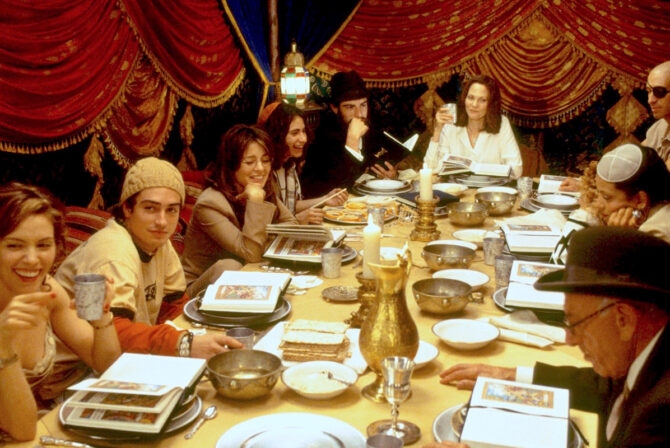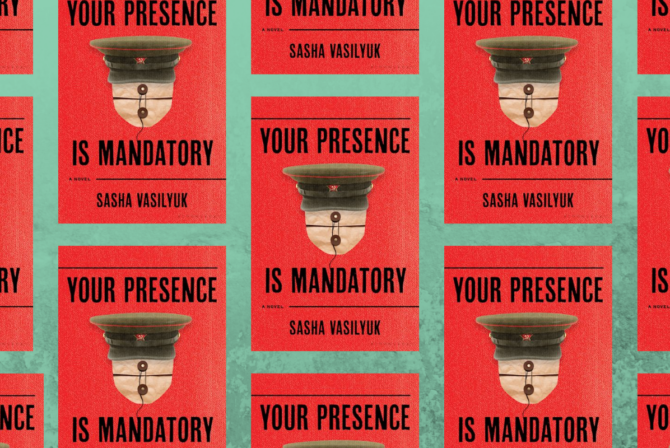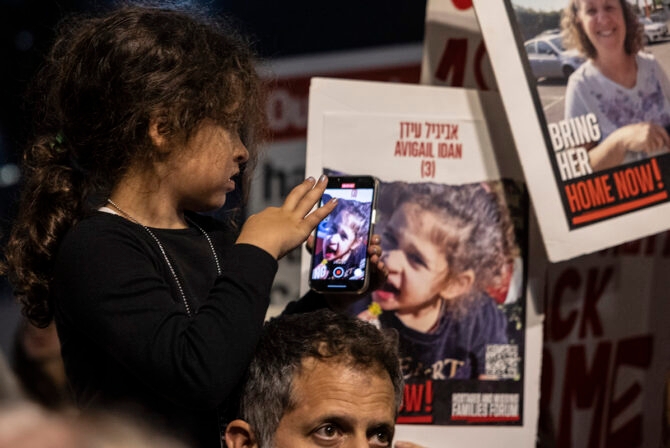Less than a year ago, two blond children in Ireland were taken from their Roma parents because the police decided they didn’t look related, even though legal documents, including passports, were produced. Meanwhile, the same thing happened to a blond girl in Greece. Even though her DNA didn’t match anything on record in the Missing Child database, and even though her biological mother was found and insisted she had voluntarily left her daughter with a Roma couple, the State decided that little Maria should not be returned to her foster parents, but placed in an orphanage, instead.
I followed both cases closely because, in our house, my three kids are darker than I am, but lighter than my African-American husband. I’ve been asked in the past if I were their babysitter. And so has he. Even when I’m with them. The idea that the police or other authorities could just swoop in and take them away because, for instance, my oldest son has blue eyes and his father doesn’t, or my middle child is coffee-colored and I, according to my aforementioned blue-eyed son, am the color of chalk, was not a comfortable one.
I comforted myself with the thought that this was a European problem. Prejudice against the Roma and their lifestyle runs deep there, to the point where official country websites urge tourists to stay away, and local children are told to behave, lest they be kidnapped by Gypsies. (Because, you know, people living in poverty just love stealing other mouths to feed.)
Then, last week came the news that in Nyack, New York, a white father shopping at Home Depot with his African-American daughter was followed into the parking lot by a security guard taking photos of his car’s license plate–just before four squad cars arrived. And this was after the dad had addressed his daughter by name, and the 4-year-old child herself identified the woman waiting in the car for them as her mommy. (My husband’s response was, “A little black girl? Good. Usually nobody cares about them.”)
But he’s a lot more sanguine than I am. As he says, he’s used to policemen stopping him just because he’s running to catch a bus, and a black man running has obviously committed a crime. It’s all still relatively new to me.
Meanwhile, in Kansas, a Walmart greeter called 911 on an Asian dad leaving the store with his (white-looking) biracial daughter. This time, the police actually came to the couple’s house, despite the little girl in question also confirming to the greeter that she was with her dad.
I suppose this shouldn’t come as a surprise. In the last few weeks, the media has been inundated with stories of “Good Samaritans” calling the police on children playing by themselves in parks or walking unaccompanied by an adult.
While anyone who has read my previous accounts of leaving my 6-year-old home alone and letting my fourth grader navigate his way through a blizzard can probably guess how I feel about this latest nanny-state trend, I can, at least, offer the benefit of the doubt to those whistle-blowers who genuinely believed the children in question were in some sort of danger.
But for those who’d like to hide behind the shield of “better safe than sorry” (i.e. what if that poor child really were being abducted, and I’d done nothing to stop it?), your logic is flawed.
About 800,000 children under the age of 18 were reported missing in 2013. Roughly half of them were runaways, and 200,000 on top of that were abducted by their own family members. The rest are either temporarily lost and returned home shortly, or taken by someone they know. Only 115 were victims of so-called “stereotypical” kidnappings by a stranger.
So, statistically speaking, instead of calling the police when you see a child with an adult who doesn’t look like them, you should call them when you see a child who does. They’re much more likely to be the victim of a kidnapping. Especially if the child is throwing a tantrum, or being fussy, or refusing to go somewhere with the adult. (No child would ever behave like that with a parent, right? Better safe than sorry, after all!)
Am I being flip? Yes, I am. But A) I’m pissed off, and B) a good way to demonstrate just how ridiculous something is, is to take it to its ridiculous extreme. If people feel justified suspecting a multiracial family because “you never know,” then logic and basic math says they should be about 7000 times more suspicious of a homogeneous family.
Yesterday, it was calling the cops on parents who don’t meet your own personal standards, be they cultural, religious, financial, or social. Today, it’s calling the cops on families who don’t look the way you expect them to.
And the bigger problem isn’t so much people sanctimoniously thinking they have every right to call. It’s the fact that cops–and courts–are taking these calls seriously. Four squad cars in the NJ Home Depot case? Really?
To paraphrase Martin Niemöller’s infamous, “First they came for the… And I didn’t speak up because I wasn’t…” rest assured, they’re coming for you next.
Like this post? Get the best of Kveller delivered straight to your inbox.







